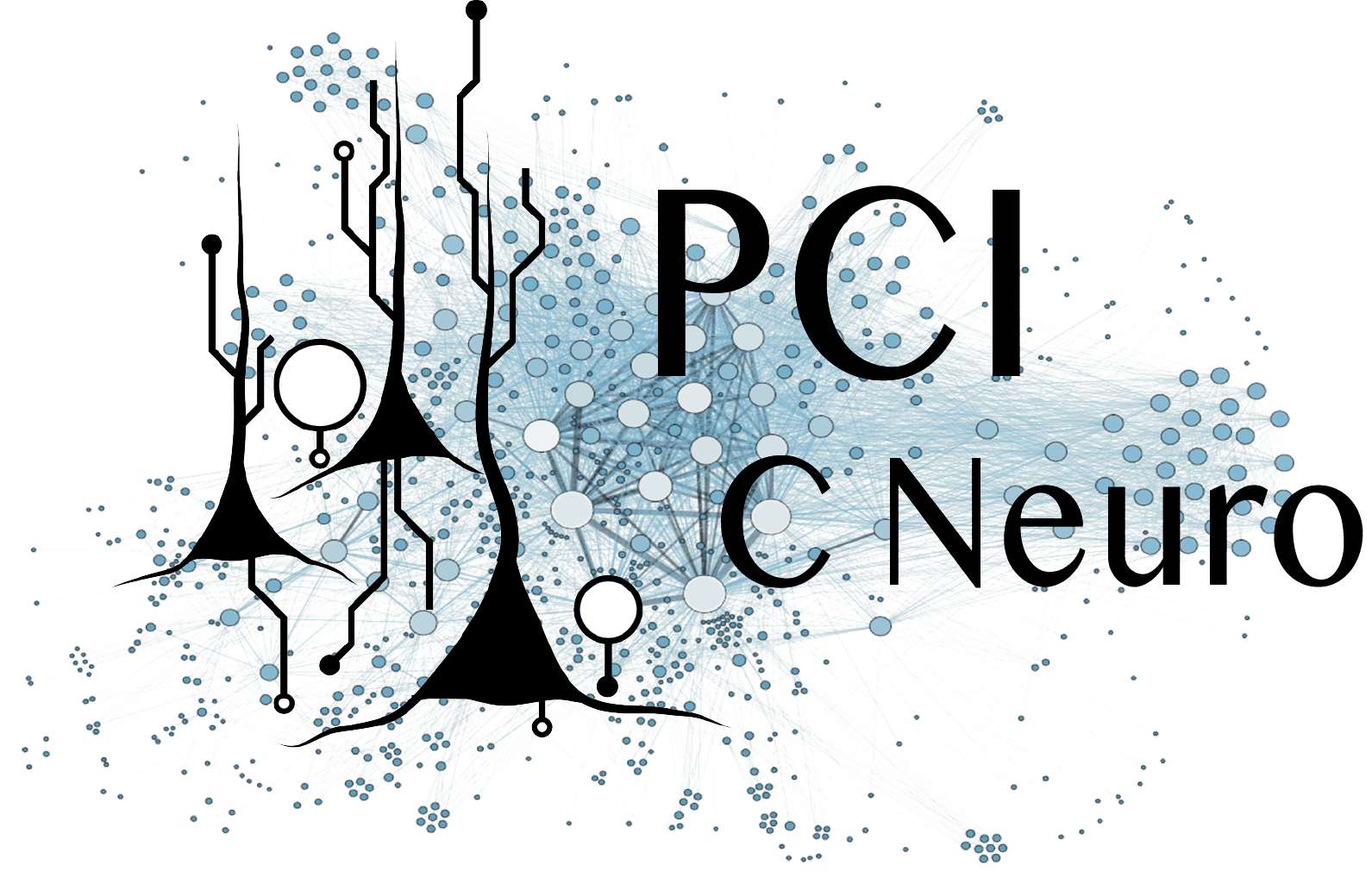About Peer Community in Neuroscience
Free and transparent preprint peer-review and recommendation by and for researchers in Neuroscience.
Back to Peer Community in Neuroscience's group pageSummary
Peer Community in Neuroscience (PCI Neuro) is a community of neuroscientists who peer-review and recommend unpublished preprints publicly available from open archives such as HAL, Zenodo, arXiv, OSF-preprints, and bioRxiv. The peer-review process of PCI Neuro is very similar to that of conventional journals, except that it is transparent; peer-reviews and editorial correspondence are published and open data and code are required. Preprints recommended by PCI Neuro are finalized, peer-reviewed articles that can be used and cited, like any other article published in a conventional journal. A refereed preprint by PCI Neuro is a reliable and high quality manuscript that does not need to be published in conventional journals, although further submission in a journal is possible.
Evaluation model
At submission, PCI
- Considers all types of articles (experimental work, theory, review, opinion, etc.)
- Does not impose any format or restrictions in terms of article length, number of figures or tables
- Considers anonymous submissions
- Welcomes preregistration submissions and preprint submissions based on preregistrations (with or without prior review)
- Makes sure that raw data, codes and scripts are available
- Helps authors to suggest appropriate recommenders to handle their article
- Informs authors within 20 days if no recommender can be found to handle the article
During evaluation, PCI
- Evaluates only articles considered interesting by at least one of the many recommenders
- Provides explicit guidelines for the recommender handling the preprints (https://peercommunityin.org/2020/10/28/pci-recommender-guide/)
- Organizes rigorous peer-review (https://peercommunityin.org/2020/10/22/pci-reviewer-guide/)
- Provides technical assistance to authors, recommenders and reviewers
- Allows authors to follow the evaluation process of their article online
- Makes sure that recommenders obtain at least two reliable review reports before making editorial decisions on the original version of the article
- Makes sure that recommenders make an editorial decision that is reliable and respectful to the authors
At the revision stage, PCI
- Communicates regularly with the authors to ensure that the revision process is performed correctly and in a timely manner.
- Allows the authors as much time as they need to revise their article.
PReF
Sciety uses the PReF (preprint review features) descriptors to describe key elements of each Group's evaluation activities, helping readers to interpret and compare their evaluations. Learn more.
- Review requested by
- Authors
- Reviewer selected by
- Editor, service, or community
- Public interaction
- No
- Inclusion of author response
- Yes
- Decision
- Binary decision
- Review coverage
- Complete paper
- Reviewer identity known to
- Editor or service
- Competing interests
- Checked
People
Managing board
- Mahesh Karnani (CNCR, VU Amsterdam, Netherlands)
- Marion Mercier (IoN, UCL, United Kingdom)
- Vincent Magloire (IoN, UCL, United Kingdom)
- Thibaut Sesia (University Hospital of Cologne, Germany)
- Florent Lebon (University of Bourgogne Franche-Comté, Dijon, France)
- Ian Greenhouse (University of Oregon, USA)
Content license
Authors of comments, reviews and recommendations retain copyright© under CC BY-ND.
